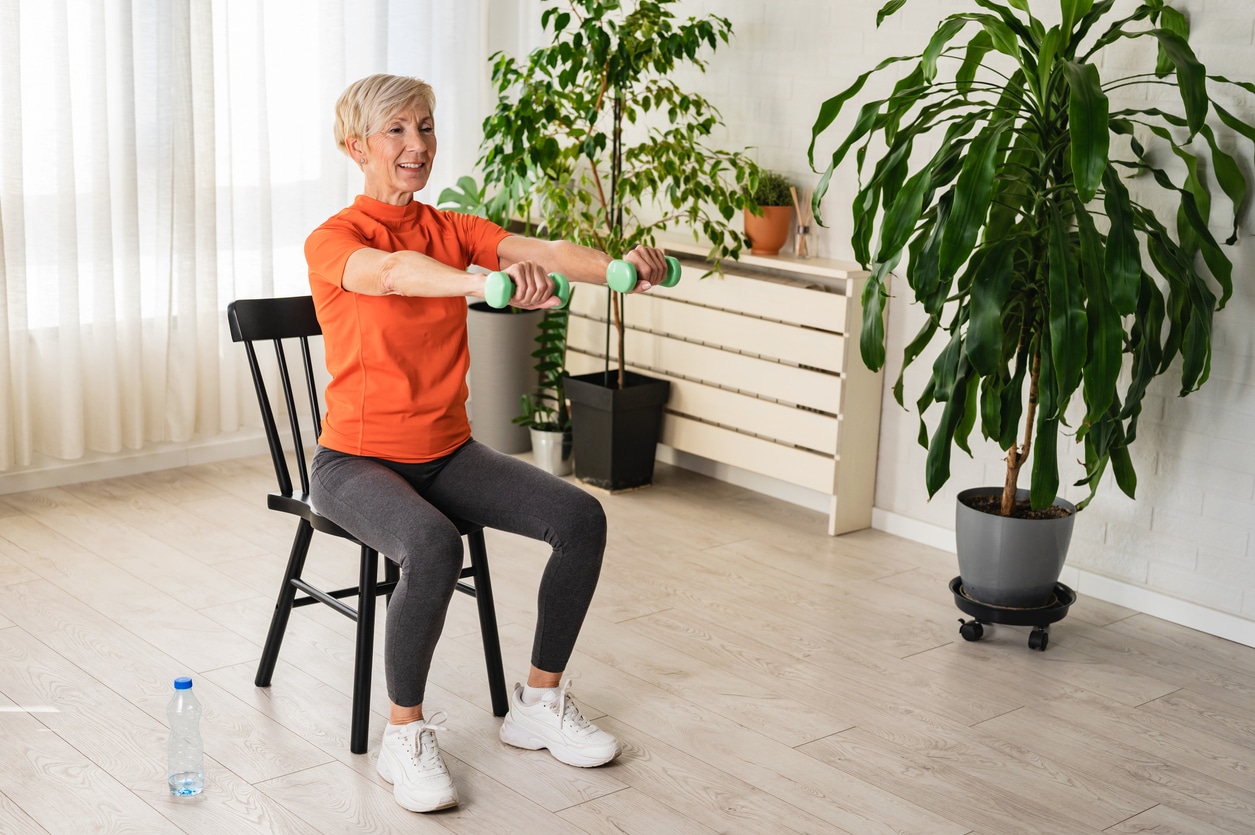As we advance in age, some of the exercises we once found easy become challenging. Whether it’s due to a change in mobility, previous injuries, or the fear of getting hurt, it’s important to find a fitness routine that suits our evolving needs. Walking is an excellent choice for older adults, offering numerous benefits, whether it’s a short stroll to the store, a leisurely park outing, or a gentle walk around the neighborhood with your canine companion.
Rewards of Daily Walking for Older Adults
Here are some compelling reasons why daily walking is beneficial for older adults:
Enhancing Mobility and Independence
One crucial aspect of walking that’s often overlooked is its ability to enhance mobility and independence. The act of walking can gradually rebuild strength, flexibility, and balance, all of which are key components of maintaining an independent lifestyle. For older adults, this is particularly vital, as it can mean the difference between relying on others for daily tasks and being self-sufficient.
Weight Management
Even at a comfortable pace, regular walking can help you manage your weight effectively. A daily dose of fresh air aids digestion and engages your leg and core muscles, contributing to calorie burning. Additionally, planning a walk might encourage you to eat more mindfully to avoid feeling overly full or sluggish, making it an excellent pre-meal activity.
Mental Well-being
The combination of fresh air and sunshine can significantly impact your mood. When you exercise, your body releases endorphins, which act as natural mood boosters. So, step outside and enjoy a rejuvenating walk in a nearby park, along a serene river or lake, or explore the well-kept gardens in your neighborhood. Observing local holiday decorations and participating in nearby activities can also enhance your mental well-being.
Heart Health
Regular walking helps elevate your heart rate, which is crucial in combating heart disease, high blood pressure, and stress—conditions that pose significant risks to older adults. Aim for a brisk walk that makes you break a light sweat and consider incorporating gentle inclines to challenge your heart and body.
Maintains Strength
As you age, it’s common to reduce physical activity, which can lead to muscle weakening and loss of function. Regular walking, however, keeps your muscles engaged and helps maintain strength. This, in turn, can prevent falls and common injuries. Over time, you’ll notice improved endurance as you gradually increase the distance you cover each week.
Social Engagement
Walking with a friend or joining a walking group can help you stick to a regular walking schedule. It’s an excellent way to meet people of your age and similar interests. Over time, you’ll become familiar with fellow walkers in your chosen area, whether it’s a park or a dog park if you walk with your furry friend, and you’ll have a growing circle of walking companions.
Pain Reduction
Regular inactivity can lead to joint and muscle pain, making even everyday tasks more difficult. However, walking is a low-impact exercise that can help reduce pain, simply by going for a daily walk. You’ll find that you experience less joint discomfort in your knees and hips as you maintain regular activity. Plus, it’s a cost-free activity that offers fresh air, opportunities to socialize with neighbors, and numerous health benefits.
Walking for Happiness
If you or a loved one have concerns about walking alone, consider using a medical alert system. These systems provide the freedom to enjoy daily walks with the reassurance that help is available 24/7 at the push of a button.
Incorporating walking into your daily routine isn’t just a one-time solution; it’s a lifestyle choice that can lead to healthy aging. So, take that first step today, lace up your shoes, and start your walking journey. Your body, mind, and spirit will thank you for it as you embrace the many benefits of this age-old, yet timeless, activity.




